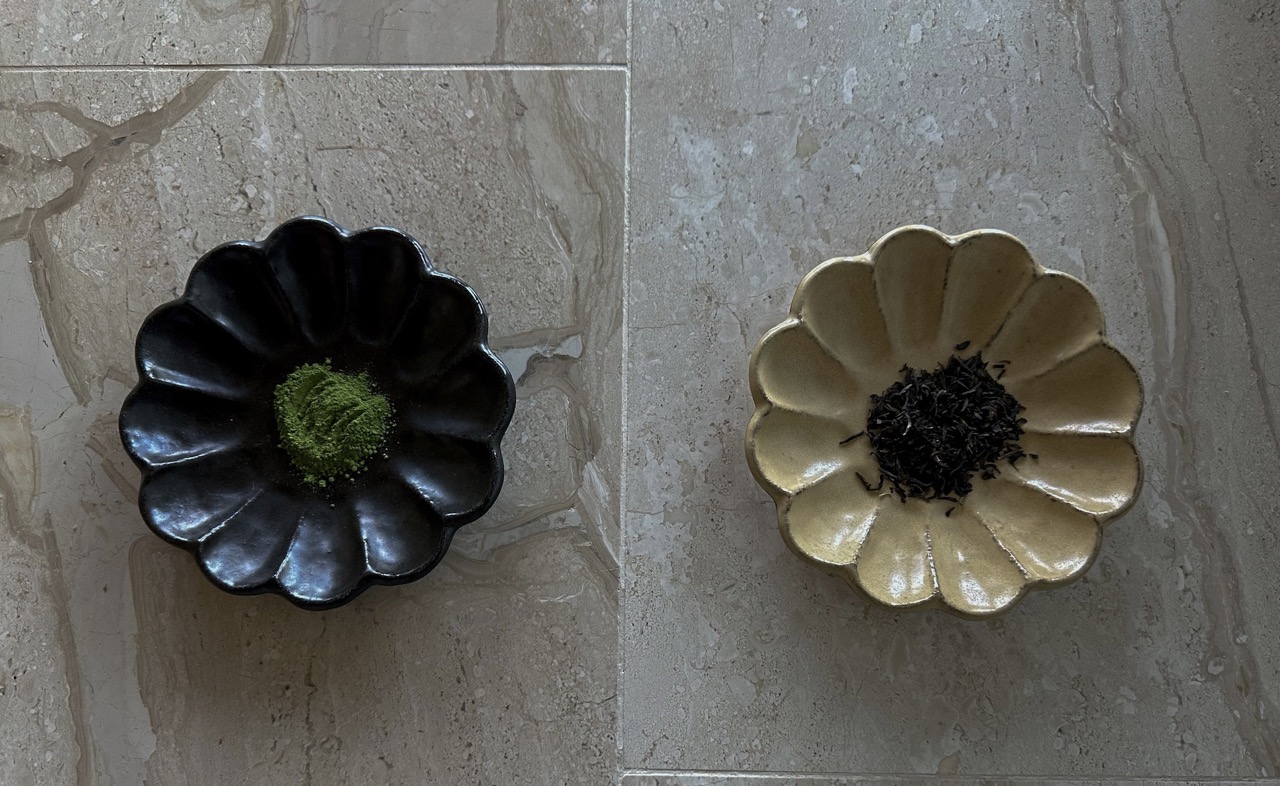In the world of wellness, matcha isn’t just another health trend. This ancient green tea, celebrated for its vibrant hue and rich history, is also revered for its impressive array of health benefits. But beyond its well-known boosts to energy and metabolism, could matcha also serve as a potential ally against depression? Let’s delve into the science and stories behind matcha as both a health hack and a mindset aid.
The Power Packed in a Leaf ?
Matcha is made from the finely ground leaves of specially shaded green tea plants, which amplify its chlorophyll content and nutrient profile. This green powerhouse is loaded with antioxidants, notably catechins, which fight free radicals and support overall health. One catechin, epigallocatechin gallate (EGCG), is especially lauded for its anti-inflammatory and neuroprotective qualities. Matcha also delivers a unique blend of caffeine and L-theanine, an amino acid that promotes relaxation without drowsiness—balancing the nervous system and enhancing mood.
What Matcha Tea Can Do For Your Mental Health
Emerging research suggests that the components of matcha can influence mental health positively. The L-theanine in matcha is known to improve focus and reduce stress, helping to alleviate anxiety symptoms. Studies have shown that L-theanine increases the brain’s alpha wave activity, leading to a calmer yet alert state of mind, which can be particularly beneficial for those dealing with depressive symptoms.
Moreover, matcha’s anti-inflammatory properties might combat the inflammation often linked with depression. The holistic approach to depression often considers physical, emotional, and dietary factors, and matcha’s profile fits well within dietary interventions aimed at reducing inflammation and boosting neurological health.
Matcha might not be a magic bullet for depression, however, as part of a broader, integrative approach to mental health that includes therapy, medication, and lifestyle changes, it could play a supportive role. Additionaly, Incorporating matcha into a daily routine can also be part of a larger mindfulness practice. The traditional Japanese tea ceremony, centered around matcha, is itself a meditative practice. Engaging in this ritual can help cultivate patience, attention to detail, and a present mindset, which are beneficial for mental health.
✨Let’s Dive Deeper into the World of Matcha?✨
Download my FREE Guide to Understanding Different Matcha Powder Grades today and learn how to select the best quality matcha powder for your needs!
Also, discover my other blog posts about Matcha for more facsinating insights, practical tips and recipes:
- Matcha Tea: Great Ways to Enjoy Matcha (VIDEO GUIDE INCLUDED)
- Matcha Tea: A Guide to Understanding Different Grades (VIDEO GUIDE INCLUDED)
- Best Places to Enjoy Matcha Drinks and Desserts in Zurich (LOTS OF PHOTOS INCLUDED)
- Matcha Tea: Five Matcha Preparation Tips for Beginners (VIDEO GUIDE INCLUDED)
- Matcha vs. Coffee: A Deep Dive into Your Morning Brew
- Matcha Tea: A Brief History of Matcha
- An Introduction to Matcha Green Tea
Let’s Stay Connected ???
Follow me on TikTok and YouTube for more more insights and matcha related content.




Great article, Alona! Your breakdown of matcha’s mental health benefits, especially the role of EGCG and L-theanine, was really enlightening. It’s interesting to see how its anti-inflammatory properties might connect to depression relief. I appreciate your balanced perspective on incorporating matcha as part of a broader mental wellness strategy. Thanks for sharing this insight!
Thank you so much for the feedback dear Lisa! ?
Very interesting blog! I learned a lot about matcha 🙂
I am glad to hear that! Thanks Sonja 🙂
Really interesting piece on matcha’s potential mental health benefits.
I love the idea that something as simple as my daily tea could help enhance my mood and stress levels. Definitely inspired to make matcha a regular part of my routine! ??
Thank you dear Alex! ?